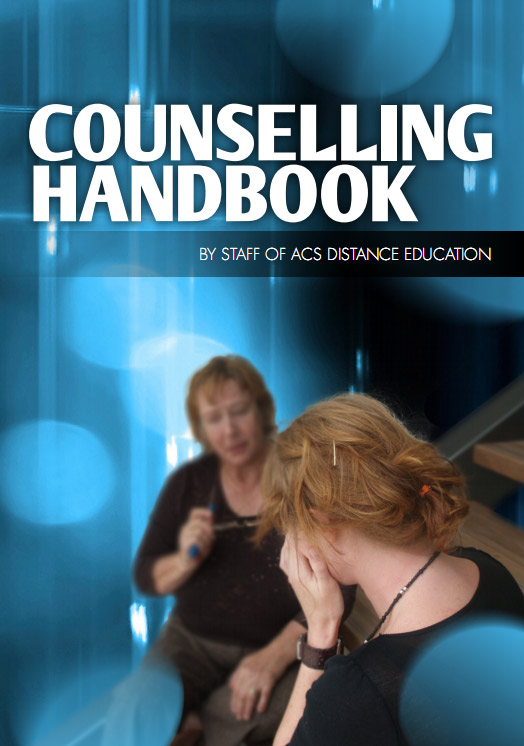 A foundation certificate, aimed at people working or looking to work in care or health care services. This course can also be used as a first step toward our Diploma in Counselling and Psychology.
A foundation certificate, aimed at people working or looking to work in care or health care services. This course can also be used as a first step toward our Diploma in Counselling and Psychology.
What is Counselling?
Many people go through times when they find their lives overwhelming or distressing. This may be due to bereavement, illness, family crisis, relationship breakdown and so on. They may find it hard to cope or not have the resources to deal with the problem. Counselling can help them to retain their self-sufficiency, build better relationships and help them to make and act on their choices. Before moving on to specific skills, it is important to just repeat what counselling is.
Counselling means different things to different people. It is not a get well quick option, offering quick answers, but is asking the person to engage in a process and an exploration. There are many definitions of counselling. A simple version is that counselling is a working relationship where the client is helped to manage what is happening in their life and to explore their life. It is a form of psychological or talking therapy that offers people the ability to change how they live and feel. The aim of counselling is to provide the client with a more satisfying experience of life. Everyone has different needs, so counselling can be concerned with many different aspects of a person’s life.